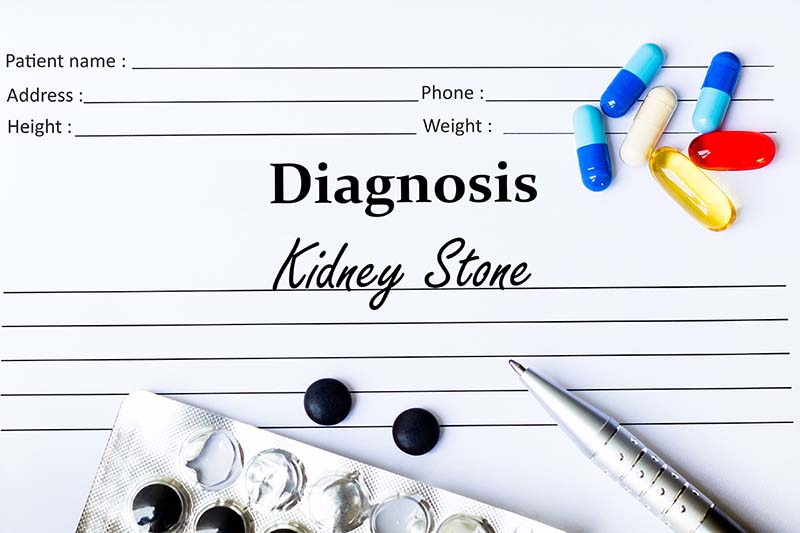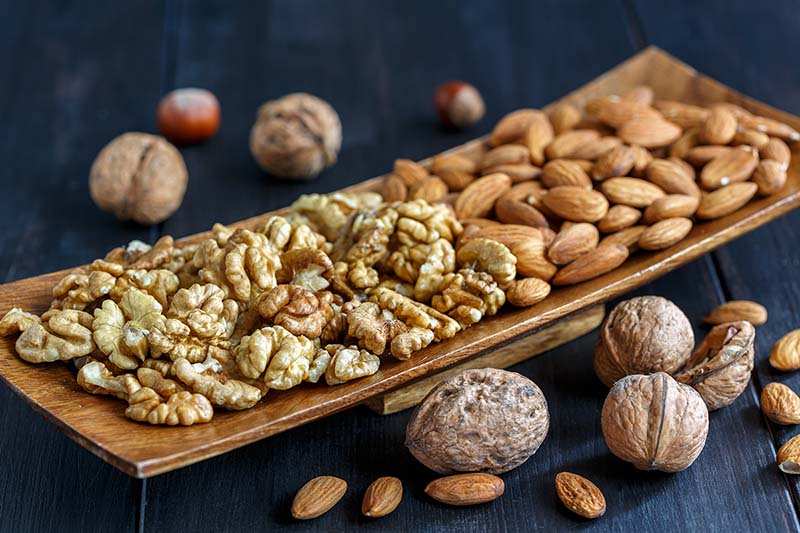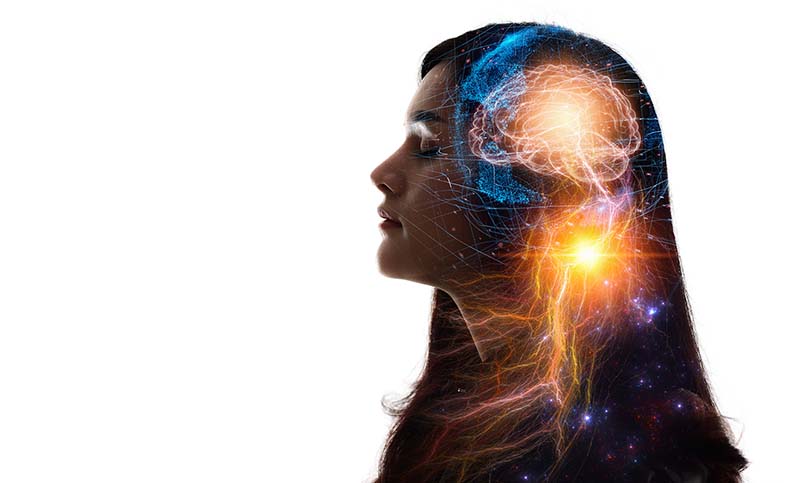Kidney Stones: What They Are and How to Prevent Them
Learn more about kidney stones, how they form, and how to prevent them.

The kidneys play a critical role in removing toxins from the blood and eliminating waste. Sometimes, however, the kidneys do not filter everything, leading to a buildup of minerals and salt in the urine known as kidney stones. This condition is often painful and can sometimes require surgical intervention to correct.
Keep reading to learn more about kidney stones and how you can prevent them.
What are kidney stones?
Kidney stones are small formations made of mineral and sodium that form inside the kidneys and often move through the urine.
A kidney stone can vary in size, usually somewhere between the size of a grain of salt to a kernel of corn. They are often brown or yellow in color and can be either rough or smooth.
For some people, the presence of kidney stones is extremely painful. Others may have kidney stones and not even realize it.
A kidney stone can remain within the kidney, or it can move into the tube that connects to the bladder. In some cases, the pain of kidney stones only starts when the stone begins to move.
Related: Kidney Health: Learning the Basics
What are the symptoms of kidney stones?
Some of the most common symptoms of kidney stones include:
- Discomfort or pain when urinating
- Intense, sharp pain in the back or side, below the ribs
- Pain in the lower abdomen and/or groin
- Frequent urination or feeling like you need to urinate often
- Nausea
- Vomiting
- Cloudy, red, pink, brown, and/or odorous urine
Athough kidney stones generally are not life-threatening, the pain can be intense. If you have blood in your urine or become feverish, seek urgent medical attention.
What causes kidney stones?
These small formations may occur when you’re dehydrated, or your body has too much of a particular mineral. Men are also more likely to suffer from kidney stones as women.
Although the exact cause of kidney stone formation isn’t always clear, doctors have found that when the urine has high levels of uric acid, calcium, or oxalate, a stone may form.
Risk factors that can increase the likelihood of stone formation in the body include:
- Diet
- Not drinking enough water
- Family history of kidney stones
- Obesity
- Excess protein or oxalate in the diet
- Insufficient calcium intake
Taking certain medications may also increase the risk of kidney stones, such as diuretics used to treat high blood pressure, decongestants, antiseizure drugs, corticosteroids, and protease inhibitors used to treat HIV symptoms.
You may also be at a higher risk for kidney stones if you have certain medical conditions, such as:
- Cystic kidney disease or other kidney conditions
- Thyroid or parathyroid gland conditions
- Gout
- Diabetes
Those who have undergone gastric bypass surgery are also at a slightly higher risk.
What are the treatments for kidney stones?
The size of the stone will impact the planned treatment. Smaller stones may be able to be passed when urinating. Drinking more water can help speed up the process.
Related: Eat (and Drink) Your Way to Hydration
Your doctor may prescribe an alpha blocker to relax the muscles in the tube that transports urine from the kidneys to the bladder, which can reduce the pain and allow the stone to pass more quickly.
If your stone is larger, your doctor may perform extracorporeal shock wave lithotripsy (ESWL), a common procedure that uses shock waves to break the stone into smaller pieces. Other treatment options include a ureteroscopy, which involves using a thin scope to remove stones, and percutaneous nephrolithotomy, which is a surgical procedure.
How can I prevent kidney stones?
Aim to drink at least 12 glasses of water per day to reduce your risk of forming kidney stones. You should also make sure that you take in enough calcium through the foods you eat, while cutting back on foods that are high in sodium.
Certain foods have also been linked to kidney stones, including eggs, chocolate, nuts, beets, and spinach. If you drink a lot of cola, you may want to cut back on that as well.
With a few small lifestyle changes, you can reduce your risk of kidney stones while maintaining your overall health and wellness. If you do experience any symptoms of kidney stones, make an appointment with your healthcare provider to get checked out.



